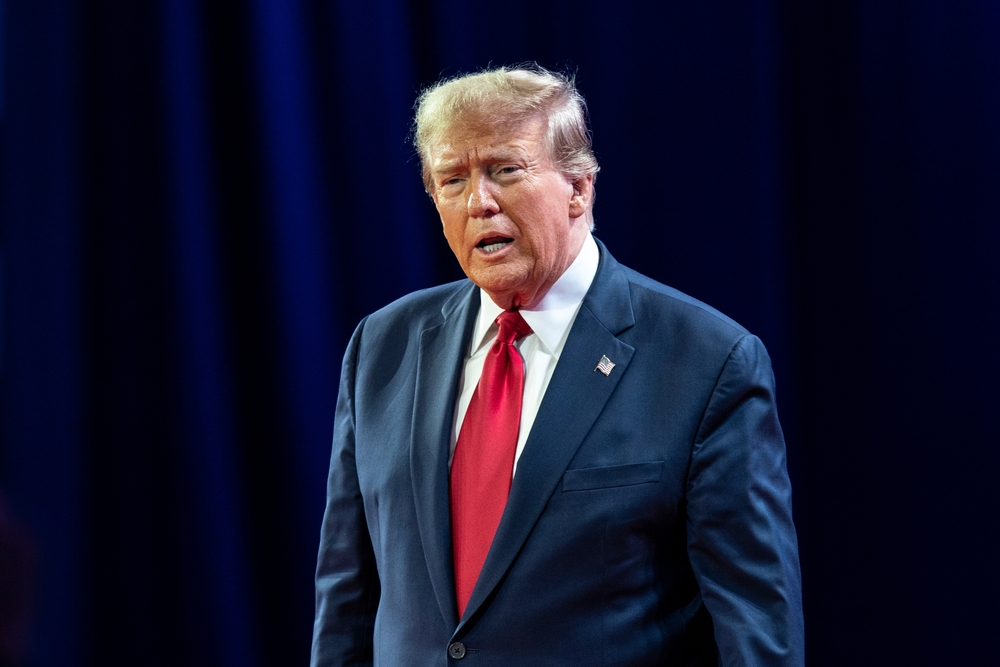Copyright © Everyday Narrative 2024. All rights reserved.
In the contemporary political saga of the United States, the stark contrast between former President Donald Trump and the ideologies often encapsulated by the term “woke” underscores a deep and resonant divide.
This ongoing tension between a figure emblematic of certain conservative values and movements advocating for heightened social awareness and equity reflects a historical continuum of American politics, where division, driven by ideological, economic, and social differences, is a recurring theme. The current climate, with its fervent debates and polarization, can be seen as the latest act in a long-running drama of divisive leadership and the quest for America’s soul.

Trump and the Woke Movement: A New Chapter in Division
The “Trump vs. Woke” dynamic serves as a microcosm of the broader societal and political conflicts that have periodically surfaced throughout American history. Trump’s presidency, marked by its nationalist rhetoric, deregulatory and conservative judicial appointments, and contentious policy decisions, ignited significant debate and opposition, particularly from those aligned with progressive ideologies. In contrast, the “Woke” movement, with its focus on social justice, equality, and inclusivity, challenges traditional norms and values, pushing for a re-evaluation of historical narratives and current policies.
This polarization is not merely a clash of personalities but a reflection of deeper disputes over the direction in which the country is headed, what values it holds dear, and how it defines itself as a nation. The divisiveness of this era, while unique in its specifics, echoes past periods of American history where leaders and their policies became focal points of national debate and discord.
Echoes from the Past: Historical Precedents of Division
The divisiveness seen today has historical precedents, each illustrating how American presidents have navigated the tumultuous waters of their times, often becoming symbols of broader national conflicts.
Abraham Lincoln’s presidency, engulfed by the Civil War, epitomized the ultimate divide over the moral and economic institution of slavery. His leadership during America’s most perilous moment underscores the profound impact of presidential actions on the nation’s course.
Andrew Jackson, known for his populist rhetoric, became a polarizing figure through policies like the Indian Removal Act, highlighting conflicts over federal power and the treatment of Native American populations.
Richard Nixon faced a crisis of confidence with the Watergate scandal, revealing how divisive leadership can erode trust in democratic institutions and underscore the need for accountability.
Franklin D. Roosevelt’s New Deal and court-packing attempts sparked debate over the government’s role in the economy and judiciary, demonstrating how transformative policies can both address national challenges and incite division.
The presidency of George W. Bush, particularly post-9/11 and the Iraq War, ignited controversies over national security, foreign policy, and executive authority, reflecting tensions in America’s role on the global stage.
Barack Obama’s tenure, characterized by significant polarization over healthcare reform and immigration policies, illustrated ongoing ideological, racial, and cultural divides within the country.
These historical examples highlight that the divisiveness characterizing the “Trump vs. Woke” debate is part of a broader pattern. Presidents and the movements that oppose or support them often embody the prevailing conflicts of their era, serving as lightning rods for broader societal debates.
Navigating Division: Lessons from History
As America grapples with the “Trump vs. Woke” dichotomy, the lessons of history offer valuable insights. The leadership styles and policies of past presidents, from Lincoln to Obama, demonstrate the complexities of governing a diverse and often divided nation. These historical figures, in facing the challenges of their times, reveal the potential of presidential leadership to either exacerbate national divisions or help bridge them.
The current political climate, with its deep divides and passionate debates, underscores the enduring nature of American democracy’s capacity to engage with fundamental questions about its identity, values, and future direction. The story of “Trump vs. Woke” is, in many ways, a continuation of America’s long dialogue with itself—a dialogue marked by conflict but also by the constant pursuit of a more perfect union.



